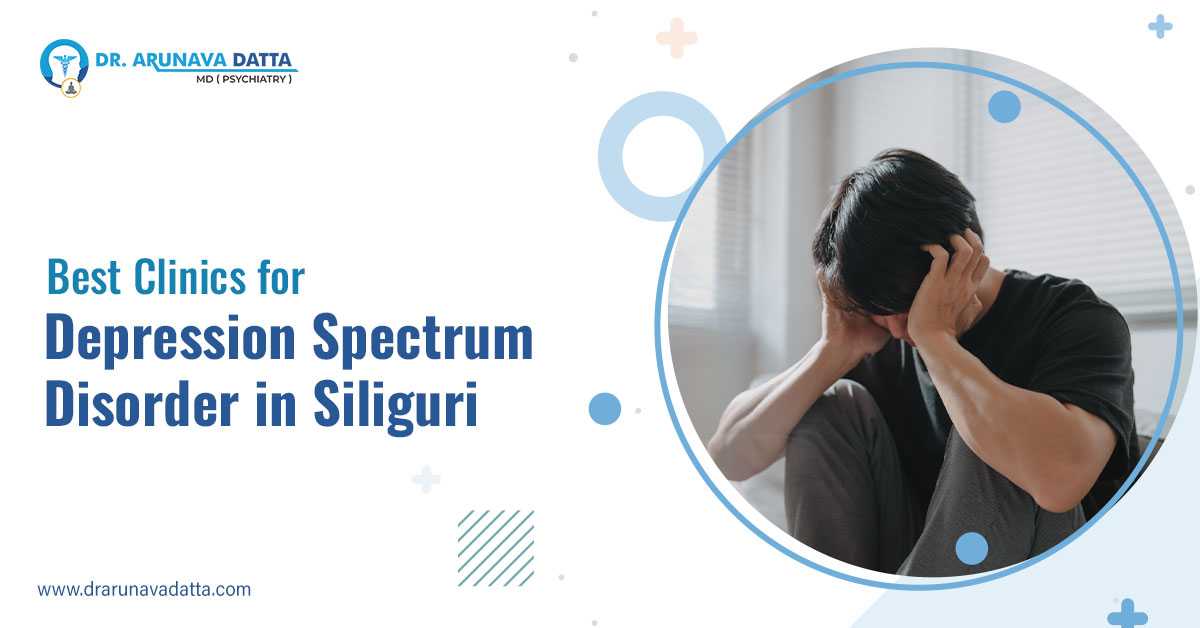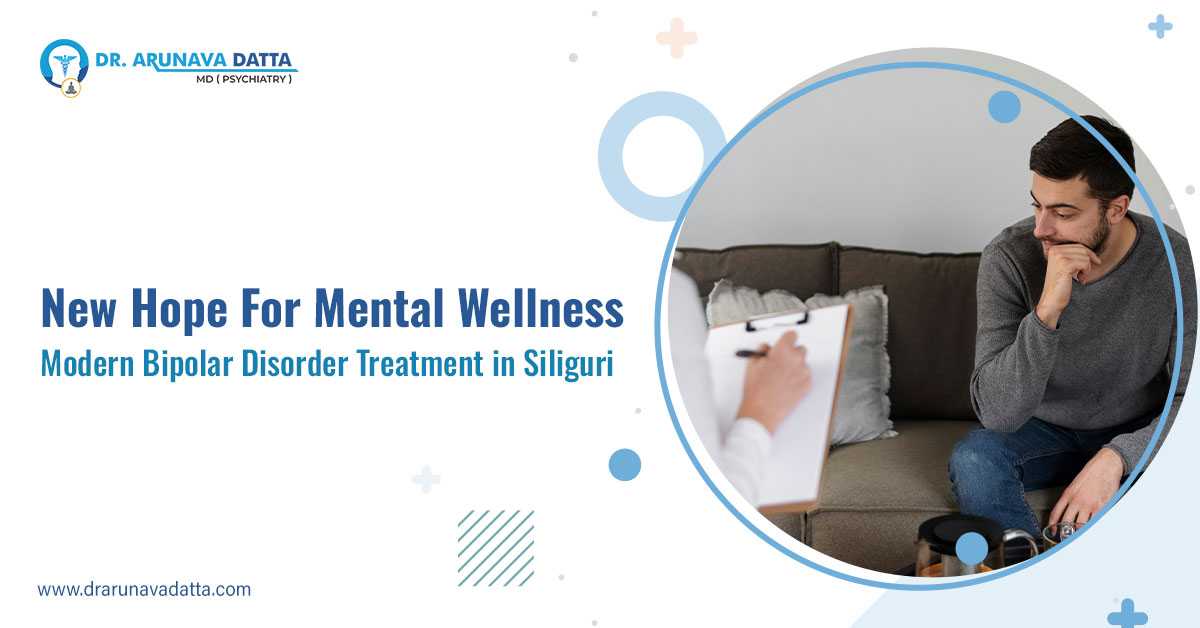These days, sleep issues are a common problem, but that doesn’t mean it’s a new concern. Interrupted sleep has been here for ages, and with busier schedules today, we face it more frequently.
Occasional sleep issues may not be concerning, but frequent problems with quality sleep demand expert attention and lifestyle changes. You might get advice and care from the best neuro psychiatrist in Siliguri or at your nearest location.
Almost every facet of teenage health, from academic growth to emotional control, very much depends on getting enough sleep. However, a lot of teenagers and young adults have trouble sleeping, not only because they use screens late at night but also because they have sleep problems that are misdiagnosed or poorly understood.
The following six sleep disorders are prevalent among today's youth:
1. Insomnia
This is one of the most well-known sleep issues among young people, which causes trouble sleeping, staying asleep, or waking up too early and not being able to fall back asleep. Anxiety, stress, social media use, anxiety, academic pressure, and shifting circadian rhythms during adolescence can all be factors.
Insomnia can be responsible for fatigue, emotional fluctuations, hormonal issues, and poor academic performance. See expert help from a general psychiatrist, pediatrician, or psychiatrist to treat the root cause and enhance the sleep quality.
2. Obstructive Sleep Apnea (OSA)
Even though OSA can affect young people as well, especially if they are overweight, structural problems with the head and face, or have swollen tonsils.
OSA disrupts breathing when you sleep, which often leads to gasping, snoring, and frequent awakenings, and if OSA is not treated, it can affect behavior, growth, and cognitive function. Such problems need medical attention for a better quality of life.
3. Delayed Sleep Phase Syndrome
This sleep syndrome can lead to mental and behavioral disorders as well as extreme daytime drowsiness. Teenagers and adolescents are more likely to suffer from delayed sleep phase syndrome.
It’s a change in the biological clock that causes trouble falling asleep and waking up, called delayed sleep phase syndrome (DSPS). Treatment is available, such as light therapy, medications.
4. Narcolepsy
It’s a long-term sleep disorder, accounts for extreme daytime sleepiness in people. Sleep paralysis is a possible symptom of narcolepsy. It means when someone has sleep paralysis, they are unable to move or talk, either when they are falling asleep or when they wake up.
If your daily drowsiness disturbs your personal or interpersonal life, see your healthcare provider, like a psychiatrist or general practitioner. With lifestyle management and medications, you can control narcolepsy effectively.
5. Sleep Terrors
Sleep terrors or night terrors make patients sleepwalk. Screaming or weeping fits, extreme panic, and even flailing arms and legs while not completely conscious are all signs of sleep terrors.
Children between the ages of one and twelve may have sleep terrors, and more commonly teenagers. Doctors usually treat sleep terrors based on their root cause, address stress, and prescribe medications.
6. Sleepwalking
This sleep disorder is more common in children marked by individuals getting up and moving around while they're asleep. Also called somnambulism, sleepwalking often happens between one and two hours after falling asleep. Get expert advice from the leading neuro psychiatrist in Siliguri City.
Categorized as a parasomnia, this sleep disorder is an unwanted occurrence or activity that occurs while you are asleep. Genetics and young age may play a role here. Medications, counseling, treating underlying causes, etc., are some of the treatment choices for sleepwalking.
Many people are unaware of how widespread sleep difficulties are among young people, and they are sometimes mistaken for behavioral problems. Take a child's or teen's sleep issues seriously and consider getting them evaluated by a specialist.
This is because untreated sleep disturbances can affect a person's general development, mental health, emotional health, and academic performance. Receive guidance from one of the best neuropsychiatrists in Siliguri City, Dr. Arunava Datta.




